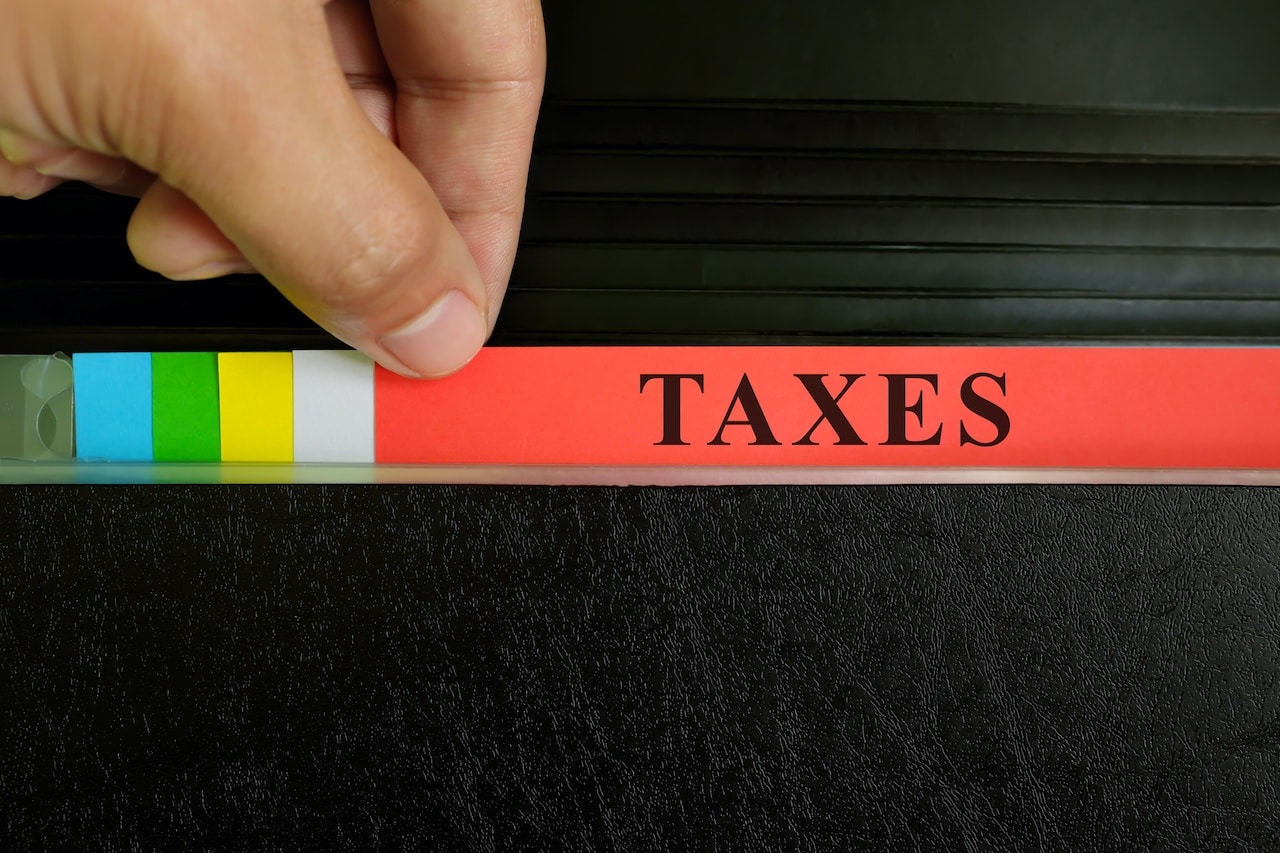Credit Sesame on the importance of good tax records.
Knowing which tax records to keep, and for how long, can help keep your life uncluttered. More importantly, it can help if the IRS decides to audit your tax returns.
Keeping your tax records for three years or so is a good way to prove that your tax returns are accurate if the Internal Revenue Service asks for them. Well-organized records can also make filing your taxes easier and help you from losing sleep over where they are and if you can find them when needed.
This doesn’t mean you have to keep your tax records forever.
What records should you keep?
Start by keeping copies of your tax returns, which can come in handy if the IRS says you didn’t file a return for a particular year.
To avoid problems at a potential audit somewhere down the road, you should keep any documents that support the income, credits or deductions you claimed on your return. These can include:
- Receipts for any itemized deductions
- Bills you’ve paid
- Canceled checks
- Legal papers such as property documents
- Brokerage statements
- Loan agreements
- Travel mileage logs
- Job hunting expenses
- Lottery tickets
- Medical and dental account statements
- Theft or loss documents
- Employment documents, such as W-2 forms
- 1099-B or 1099-INT tax documents from banks, brokerages and other investment firms
- 1099-G form detailing unemployment benefits received
If you don’t have paper documents, then you may have electronic records through your brokerage firm, tax software you use, or from other companies you do business with.
How long to keep tax records
The IRS recommends keeping all the records you used to prepare your tax return for at least three years from the date the return was filed if no fraud was committed and all income was reported. Three years is also recommended if you filed a claim for a credit or refund after your return was filed.
Generally, the IRS can include returns filed within the last three years in an audit. If a substantial error is found it may add additional years, though it usually doesn’t go back more than six years.
It uses these timelines because they’re the limits to how long the IRS can asses a tax someone owes. Six years is allowed if you haven’t reported income that should have been reported and it’s more than 25% of your gross income shown on the return, or it’s a foreign asset of more than $5,000.
Some notable exceptions to these timelines make it wise to keep certain tax documents longer than three years.
Keep tax records forever if:
- You filed a fraudulent return.
- You didn’t file a return each year.
- You bought property and need to show the amount you originally paid for it.
Keep tax records for 7 years:
- You filed a claim for a loss from worthless securities or a bad debt.
- Tax forms for retirement accounts such as IRAs that have been closed for seven years.
Keeping tax records longer than the IRS requires
Even though the IRS may not require you to keep some documents longer than three years, you may want to keep them longer because some creditors and insurance companies may require them.
Consequences of poor record keeping
One of the worst consequences of not maintaining proper records is when facing an IRS audit. If old tax records could help prove your case and you don’t have them, you may have to pay higher taxes. The burden of proof is on you to show that your tax returns are accurate, including keeping receipts and other records.
If your tax returns are wrong, potential tax penalties include:
- Pay back unpaid taxes, plus interest and penalties, up to 25% of the tax owed.
- A prison term, though this is unlikely because the IRS prefers to collect money owed.
- Charged with tax evasion if you intentionally lie on a return or try to deceive the IRS. The maximum penalty is imprisonment of up to five years and $100,000 in fines.
- Your account is given to a collections agency.
- You can’t get a passport or renew one through the United States if you owe the IRS $59,000 or more.
Limitations on refund claims
Another consequence of poor record keeping is that the period of limitations, as the IRS calls it, applies to refund requests just as to tax assessments.
Suppose you file a claim or credit for a refund. In that case, you generally have three years from the date you filed the original return (or the due date for filing if you filed before that date) or two years from the date the tax was paid, whichever is later, to file an amended claim for the credit or refund.
For overpayment from a bad debt deduction or a loss from worthless securities, seven years are allowed from when the return was due to file a claim.
Benefits of staying organized
Keeping your tax documents organized can make tax time less stressful, allowing you to complete your tax returns on time accurately. You should also be able to avoid an audit, provided you do not underreport income or commit fraud. If problems are found with your return by the IRS, you could end up paying back taxes, penalties and interest, which can be avoided by filing accurate returns on time.
Maybe best of all, keeping your tax records organized may allow you a more restful night of sleep.
If you liked Why proper tax records are important, you may also like:
Disclaimer: The article and information provided here is for informational purposes only and is not intended as a substitute for professional advice.




















